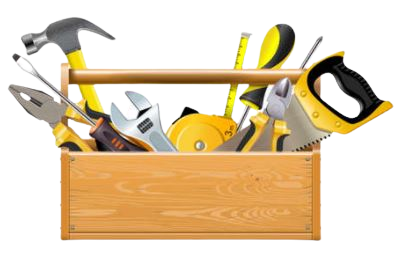Hey there! I’m Kevin, and I want to chat about some crucial questions you should ask your mortgage broker. Trust me, it’s super important, especially with interest rates on the rise. Let’s dive in and see how this can benefit you in the long run.
Shifting Trends in Mortgages
The market’s changed a lot lately, and your broker’s role is more important than ever. Interest rates are going up, which might mean property prices could drop. That’s why it’s so important to chat with your broker – they can guide you through these tricky times.
Here’s a pro tip: have a good natter with your broker about any big changes. It could save you a pretty penny on your mortgage! Now, let’s look at seven questions that’ll help you make smart decisions about property.
1. What’s the best loan for me?
Ask your broker how they figure out the best loan for you. This shows they know their stuff and can find you the best deal. They should be looking at what you want and need, not just pushing any old loan.
2. How much can I borrow?
Sure, online calculators are handy, but nothing beats a good chat with a broker. They can really dig into your situation and help you find a mortgage that fits like a glove.
3. How many lenders do you work with?
The more lenders your broker works with, the more options you have. It’s like having more tools in your toolbox – you’re more likely to find the perfect fit.
4. Fixed or variable rate: which is better?
Your broker should give you the lowdown on both options in plain English. They can’t tell you exactly what to do, but they should help you understand the pros and cons of each.
5. Any extra features I should know about?
It’s worth taking the time to understand your mortgage inside out. Ask about things like redraw features – they could help you pay off your loan faster.
Remember, I’m here to help you navigate this stuff. It might seem complicated, but with the right guidance, you’ll be on your way to making smart financial decisions. Don’t be shy about asking questions – that’s what we’re here for!
Most loans have a redraw feature, which is brilliant. It’s free and helps you pay off your loan faster.
6. What fees and charges come with this loan?
It’s always good to ask about fees upfront. I’d rather you know everything early on, even if it doesn’t seem important now. Trust me, finding surprise fees later is no fun at all. By law, there shouldn’t be any hidden fees or conditions.
7. Can I change my interest rate later?
In this up-and-down market, it’s smart to know if you can switch between fixed and variable rates. The property market’s been a bit wild lately, and nobody wants to feel stuck with their rate.
My advice? Think carefully about fixed vs variable. Ask for a list of pros and cons.
Want to know more about how I can help? Get in touch here.



















